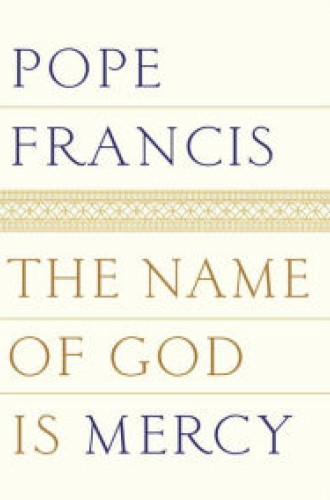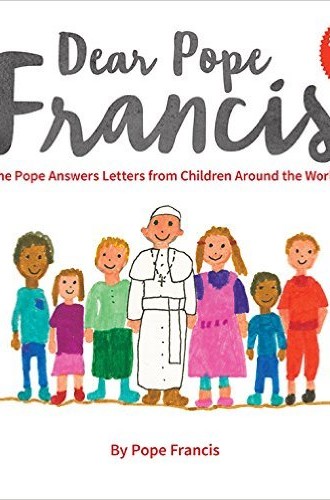As an auxiliary bishop in Buenos Aires, Jorge Mario Bergoglio learned from an abuela that “if the Lord did not forgive everything, our world would not exist.” From the celebration of his first mass after his selection as pope in March 2013 to the April 2015 papal bull Misericordiae Vultus which announced a jubilee year of mercy, Francis has framed his papacy by a theology and practice of mercy.
Mercy, he says, is “the name of God” and “God’s identity card.” Francis frequently draws on embodied and experiential metaphors to elaborate mercy as grounded in God’s creative and redemptive attributes. Quoting Pope John XXIII’s opening of Vatican II, he writes that God applies the “medicine of mercy” as a healing balm for the seemingly irreparably shattered heart and incurable wounds of sin—whether original, personal, social, or structural. The divine caress of forgiveness acts as a salvific and sanctifying embrace for which contemporary society fails to recognize its need. “The fragility of our era is this too: we don’t believe that there is a chance for redemption; for a hand to raise you up; for an embrace to save you, forgive you, pick you up, flood you with infinite, patient, indulgent love; to put you back on your feet. We need mercy.” Both divine and human desire initiate and cooperate in this embrace.
The Name of God Is Mercy, rooted in Francis’s lifework as a priest and a confessor, cites and interprets New Testament stories to illustrate divine mercy. The woman caught in adultery (John 8) and Peter’s forgiveness (John 21) teach us to reform past ways and begin a new life. Other examples include Zacchaeus, the Samaritan woman, and the good thief. The parable of the prodigal son (Luke 15) exemplifies the profligate grace of God’s love and mercy rather than human standards of fairness. Surprisingly, in good feminist fashion, Francis resists Luke’s androcentrism (which subordinates and silences women leaders in the early Jesus movement) and instead highlights the example of contemporary mothers and wives who bring food to imprisoned relatives. Like the so-called missing mother of the parable, they bring the nurturing embrace of family and food in acts of mercy.






